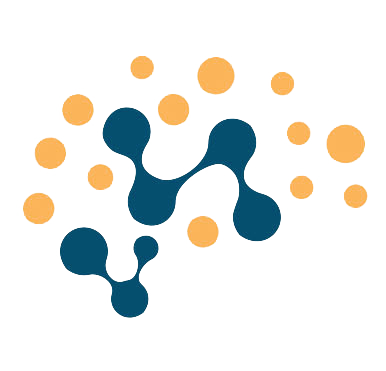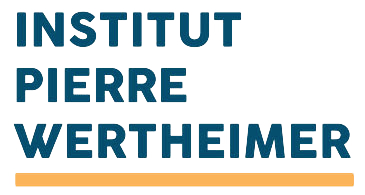Institut Pierre Wertheimer
News

SEMAINE DU CERVEAU 2025
Lyon et agglomération – from MArch 10 to 25, 2025
For the 27th edition, the Métropole de Lyon’s brain week 2025 theme will be « The brain at all ages ». This event is an opportunity to meet with research stakeholders to better understand the brain and get informed on research news.
THURSDAY 2024/12/12 – REGIONAL NEWS AT 7’49: CHARCOTS DISEASE/ALS: AURALS, A REGIONAL COLLABORATIVE PROJECT TO ACCELERATE RESEARCH
In 2023, the European Research Council (ERC) is funding 308 researchers in Europe through its “ERC Consolidator grants”, for a total amount of 627 million euros drawn from the Horizon Europe framework program. Supporting the best in exploratory research in three major areas – human and social sciences, physics and engineering and life sciences – these scholarships reward European project leaders who obtained their doctorate 7 to 12 years previously. The “Consolidator” scholarships (up to 2 million euros) are located between the “Starting” scholarships (up to 1.5 million euros and 2 to 7 years after the doctorate) and “Advanced” scholarships (up to to 2.5 million euros and which targets experienced researchers). They are awarded once a year for a period of 5 years to scientists from all countries in the world, but who must carry out their research work in a European or associated country.
SYLVAIN RHEIMS, “ERC CONSOLIDATOR GRANTS” WINNER FOR THE EPIAROUSAL PROJECT ON SEVERE EPILEPTIC SEIZURES
In 2023, the European Research Council (ERC) funds 308 researchers in Europe through its “ERC Consolidator grants”. Professor Sylvain Rheims is the winner with the EPIAROUSAL project which will study severe epileptic seizures.
The EPIAROUSAL (Arousal and respiratory co-dysfunction in drug-resistant epilepsy: from mechanisms to therapy) project will study the interaction between respiratory disorder linked to epilepsy and regulation of wakefulness as well as the relationship between epilepsy, brainstem adenosine and respiratory and arousal co-dysfunction.
It is supported by Sylvain Rheims, University Professor-hospital practitioner (Claude Bernard University Lyon 1, Hospices Civils de Lyon), member of the Lyon Neurosciences Research Center (CRNL, CNRS / Inserm / Claude Bernard University Lyon 1).
Epilepsy is one of the most common neurological diseases. Several of its complications are associated with sleep, including sudden unexpected death (SUDEP), for which no preventive treatment exists. This results from central apnea induced by a nocturnal convulsive attack. Given the interconnections between brain networks that regulate arousal and breathing, some patients may combine a seizure-related respiratory disorder with chronic impairment of arousal regulation. As the adenosine pathway is involved in the regulation of sleep and respiratory control, its alteration could play a key role in these dysfunctions.

CHARCOT’S DISEASE/ALS: AURALS, A REGIONAL COLLABORATIVE PROJECT TO ACCELERATE RESEARCH
In Lyon, research into neurodegenerative diseases is highlighted. The regional collaborative project called AURALS will advance research on amyotrophic lateral sclerosis (ALS or Charcot disease) by bringing together three major players: HCL, Axoltis Pharma and Active Biomarkers (KCAS BIO), which benefit from funding from the State and the Auvergne-Rhône-Alpes Region as part of the IDEMO Regionalized call for projects. The next two years will allow us to test a drug candidate and develop the biomarker assay to evaluate the effectiveness on the progression of the disease and the effect of treatments.




